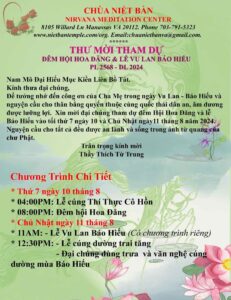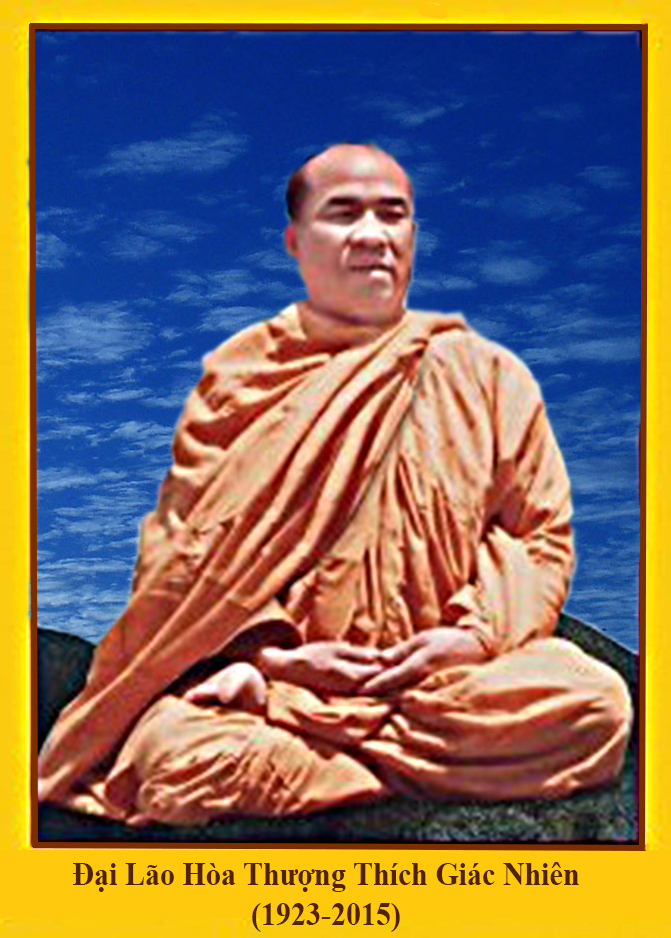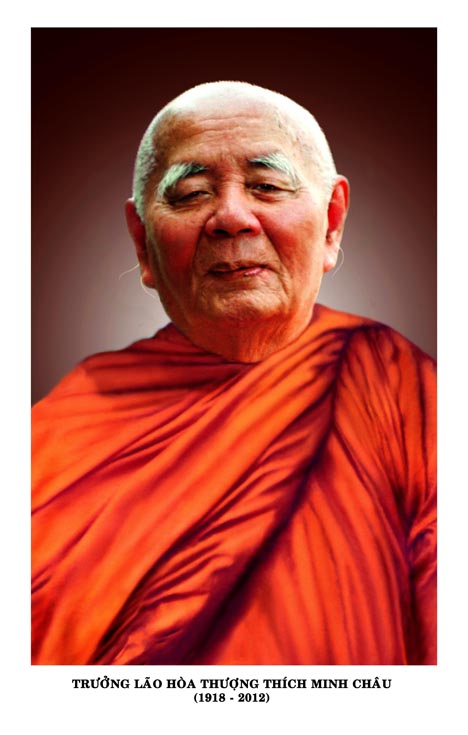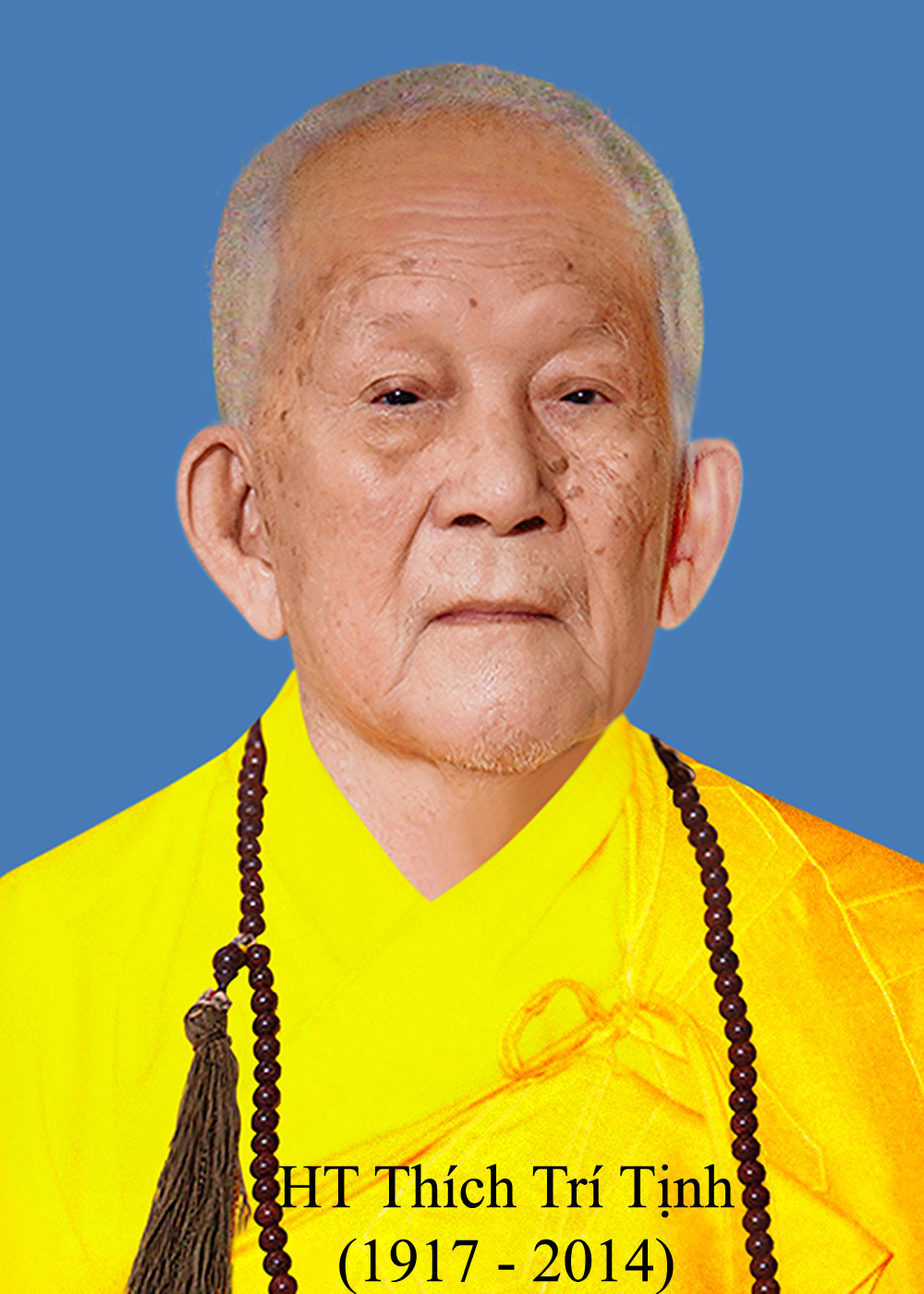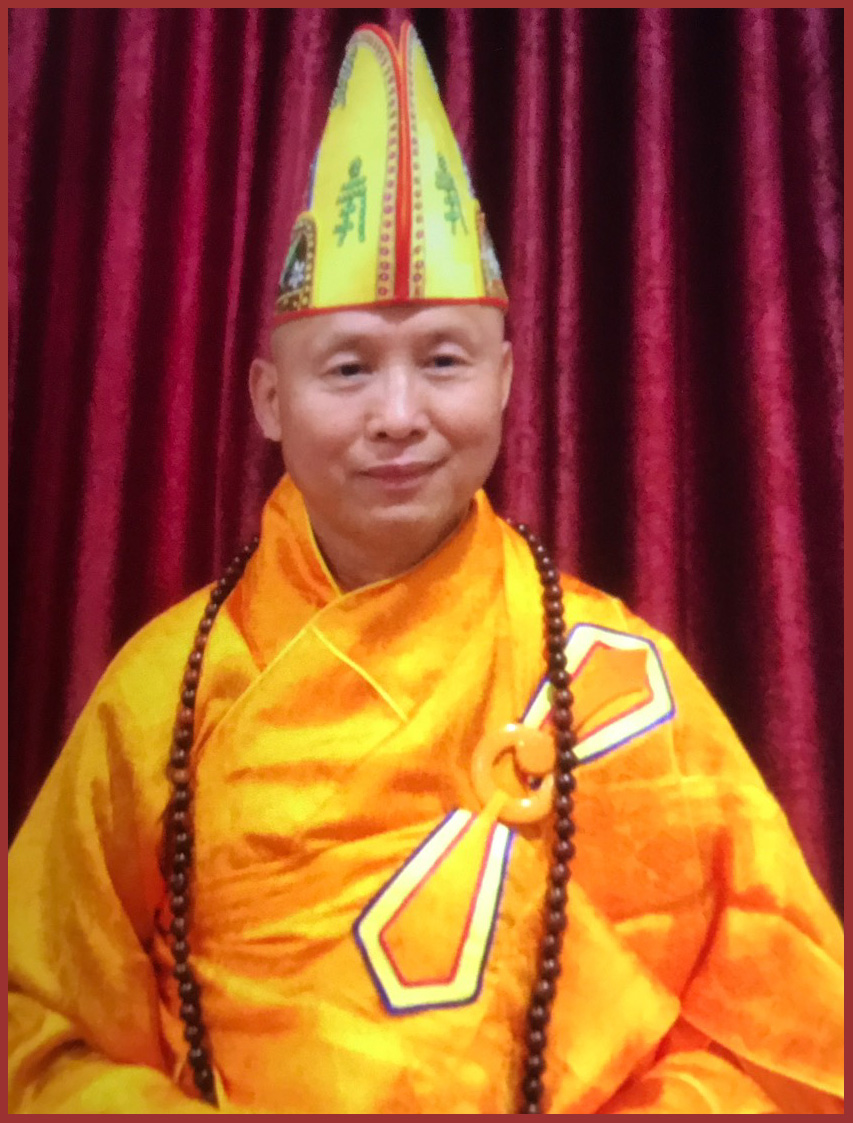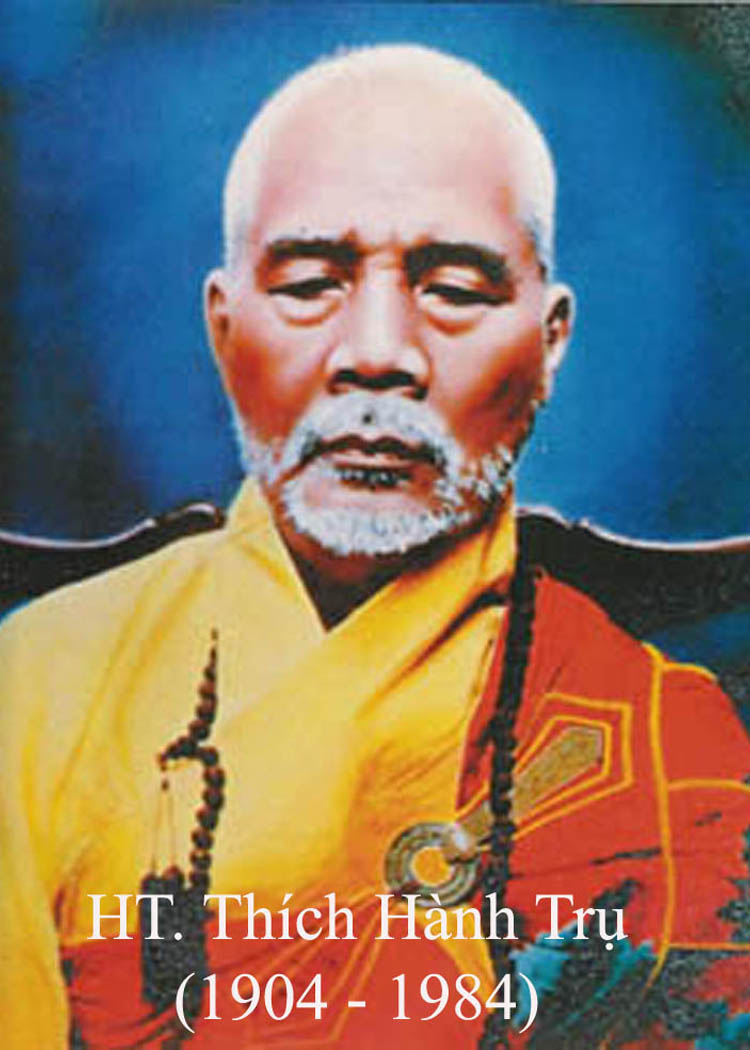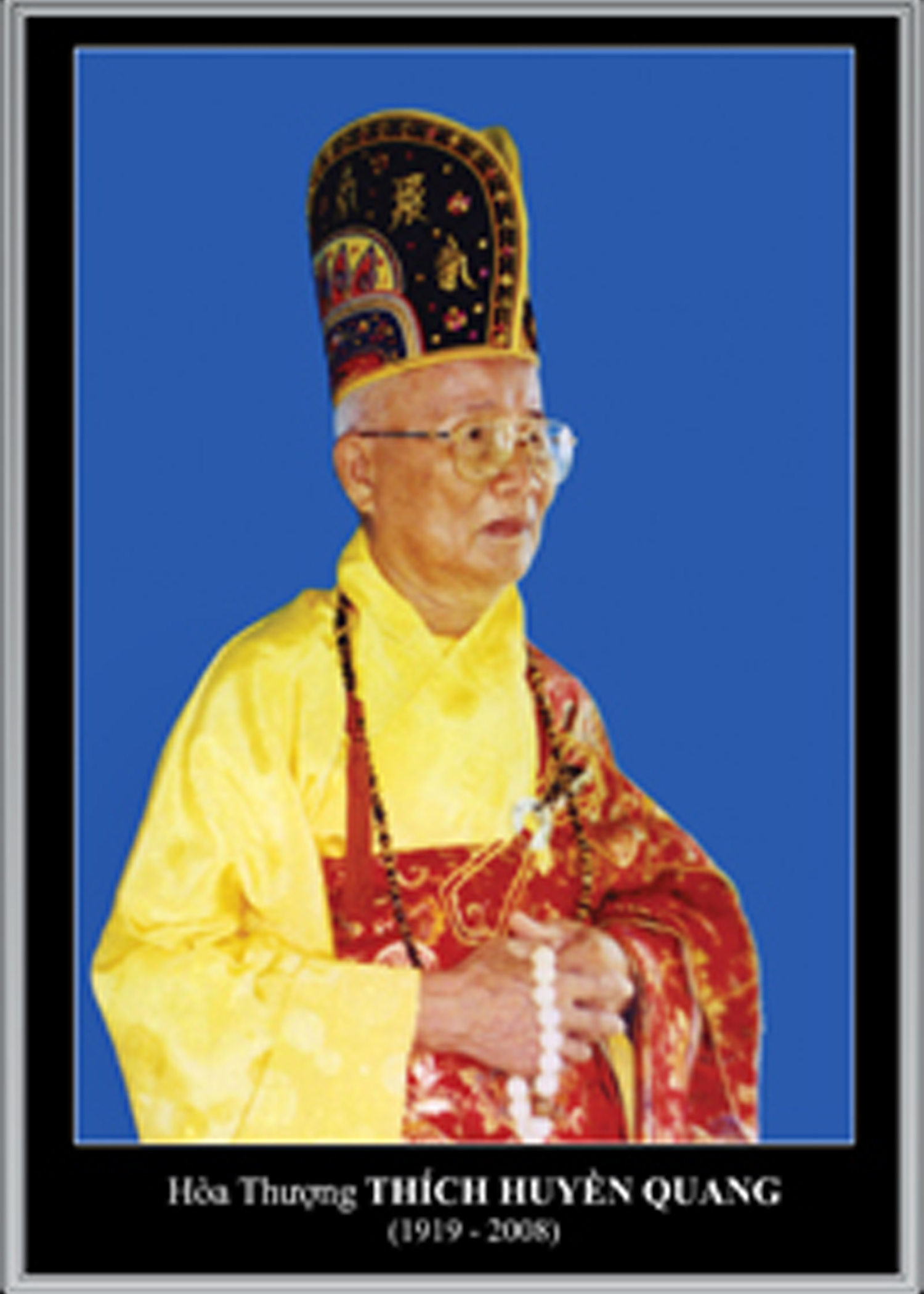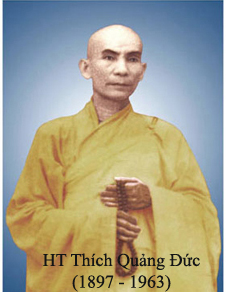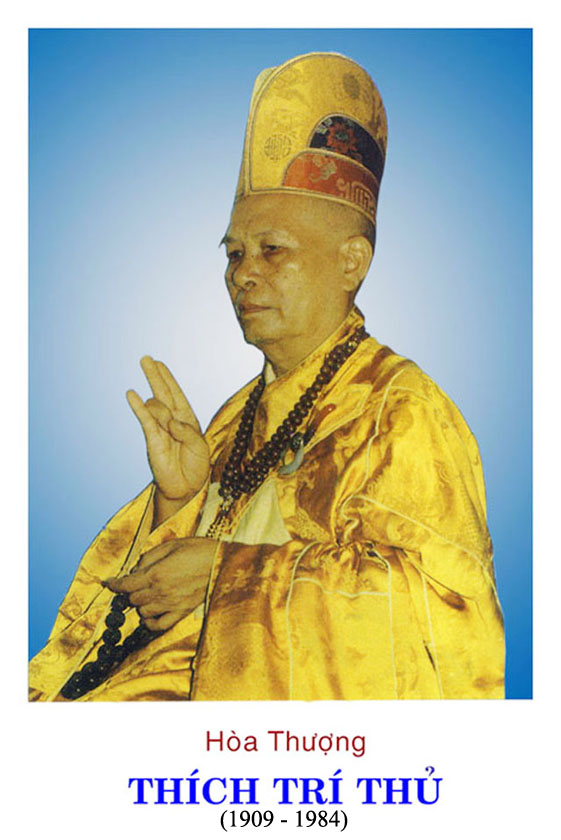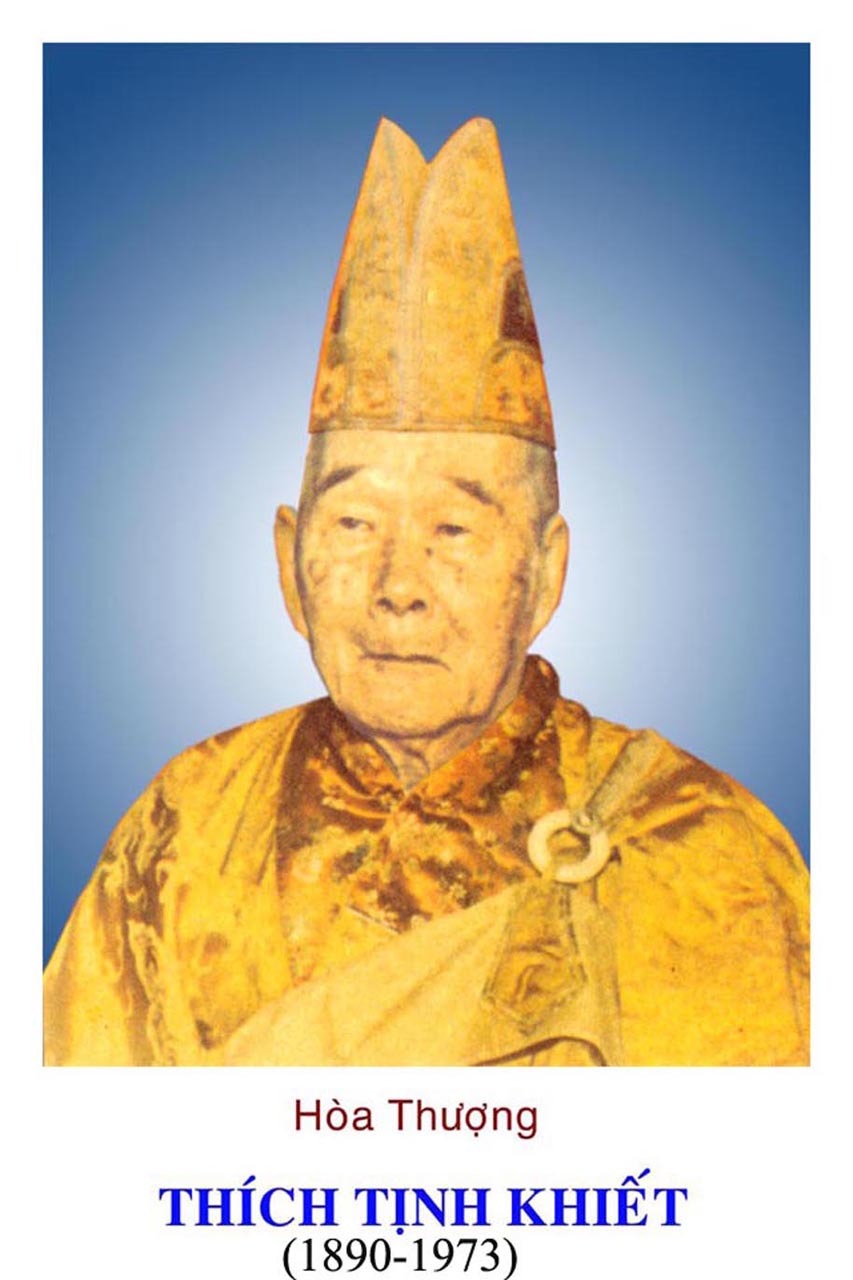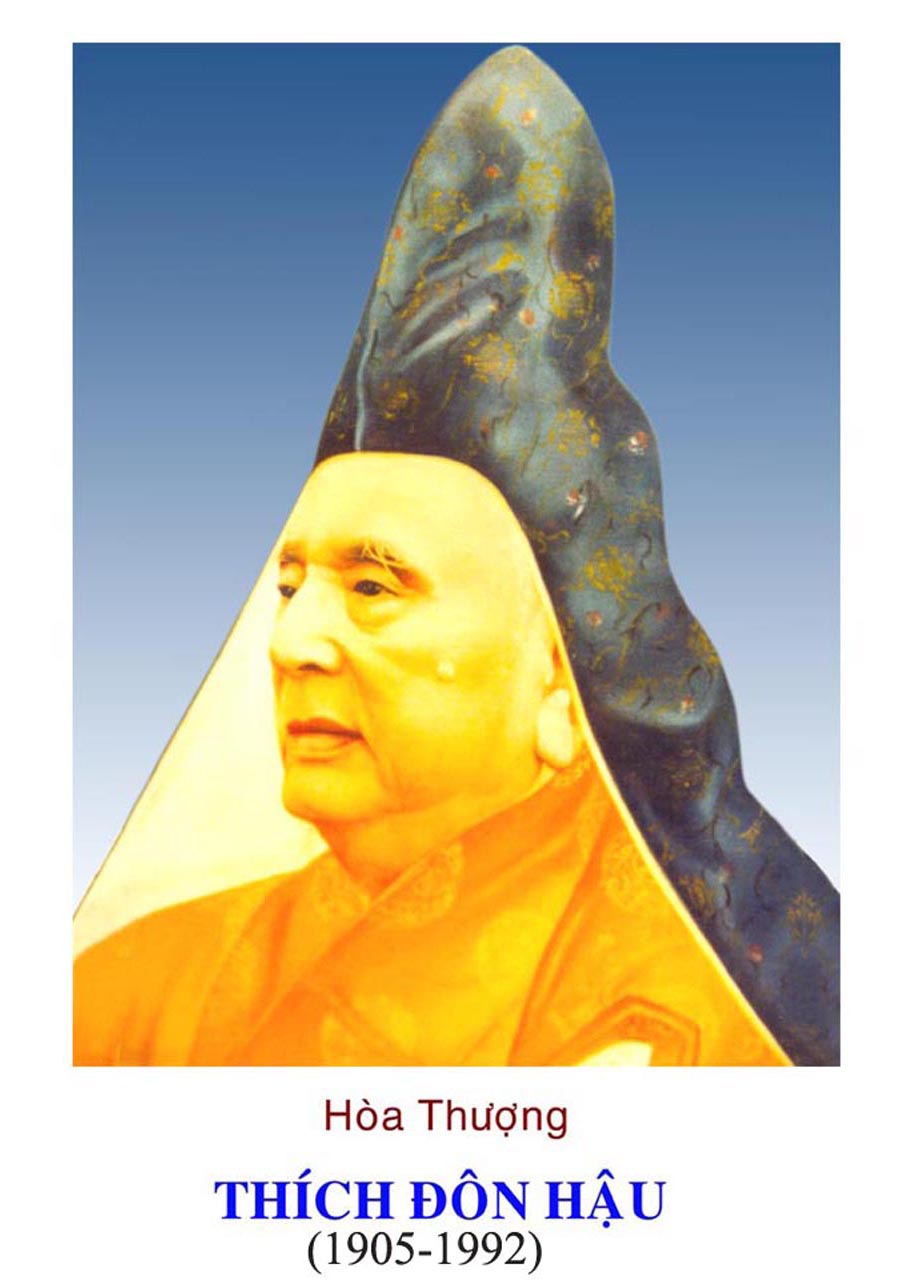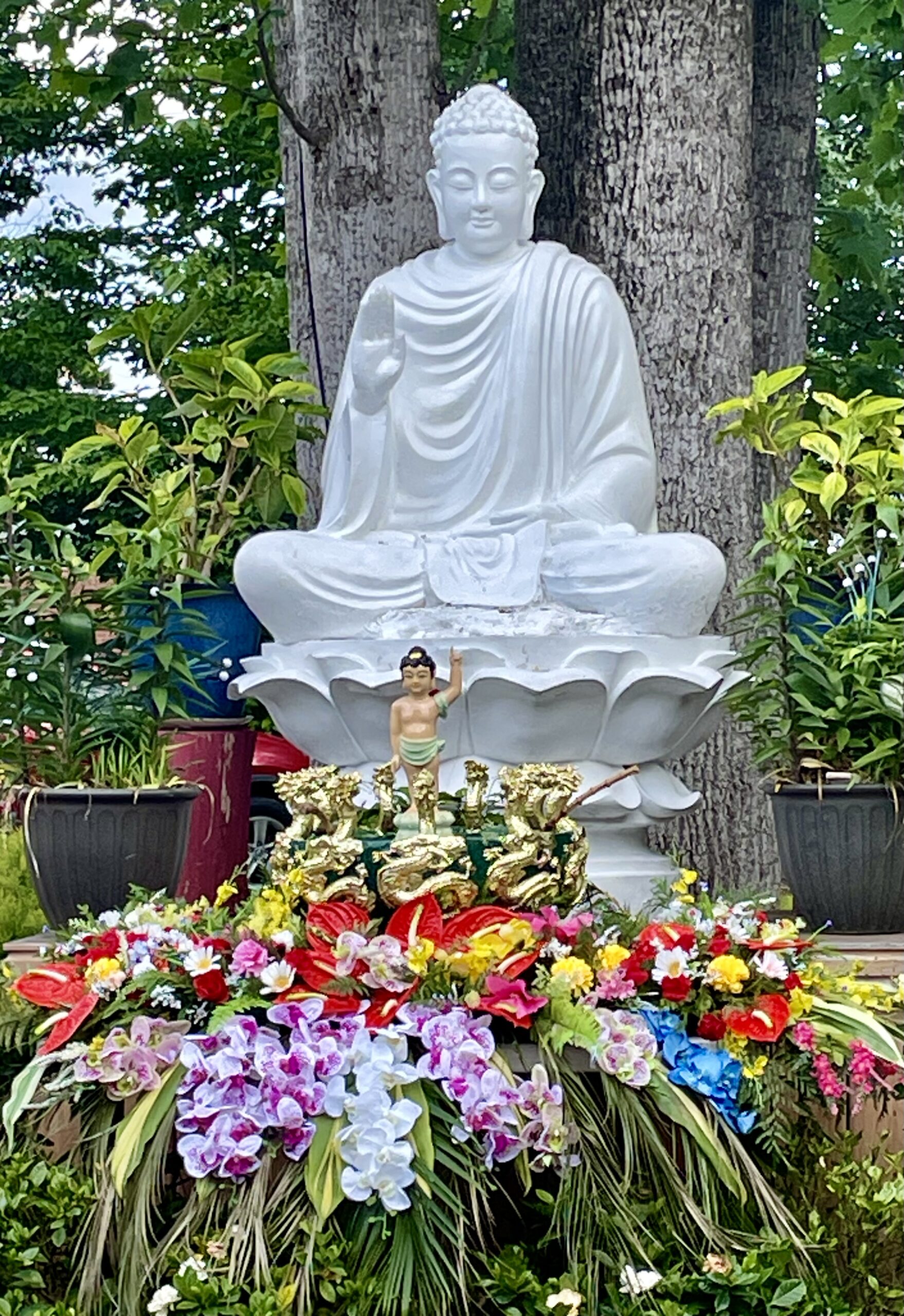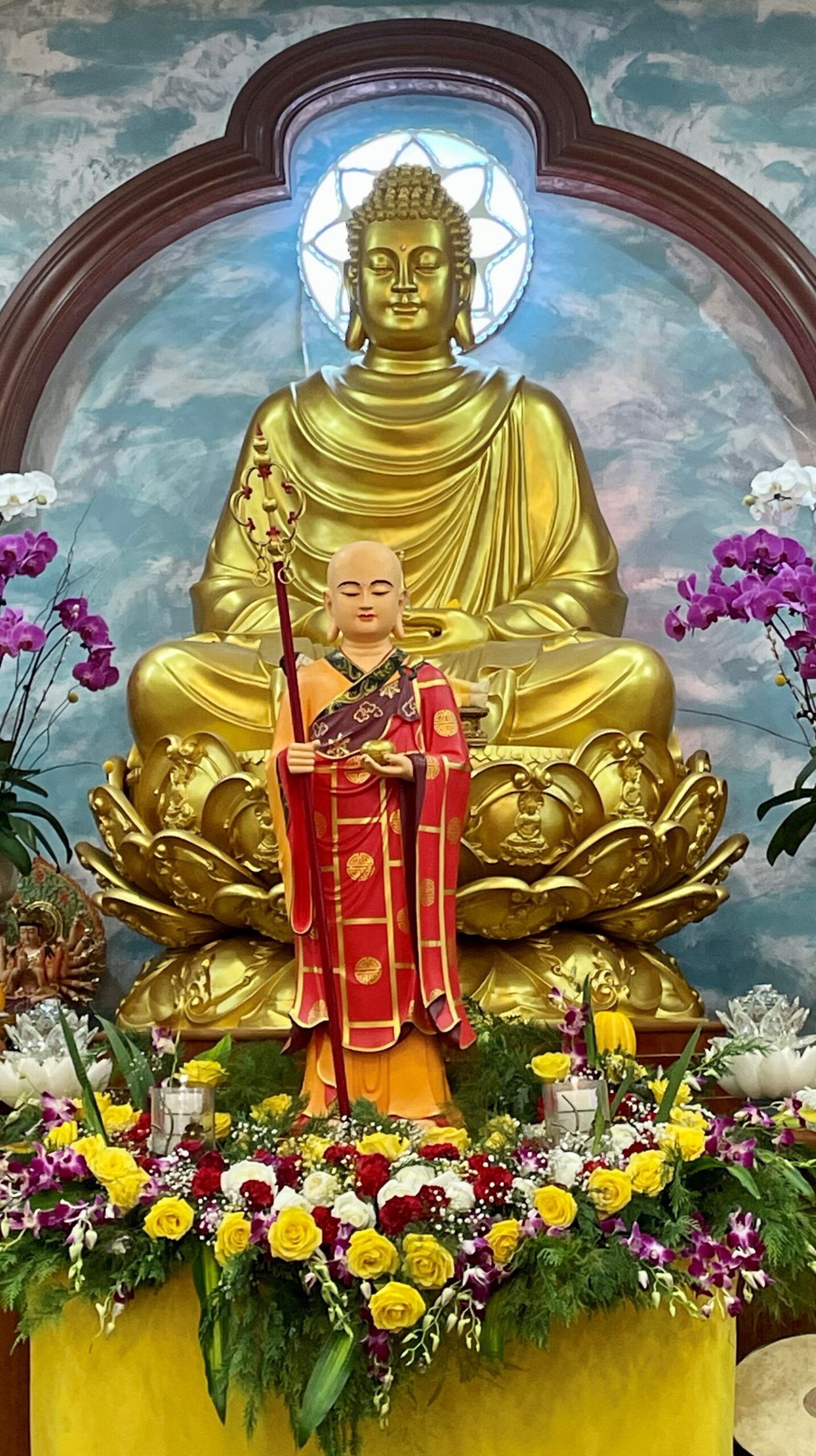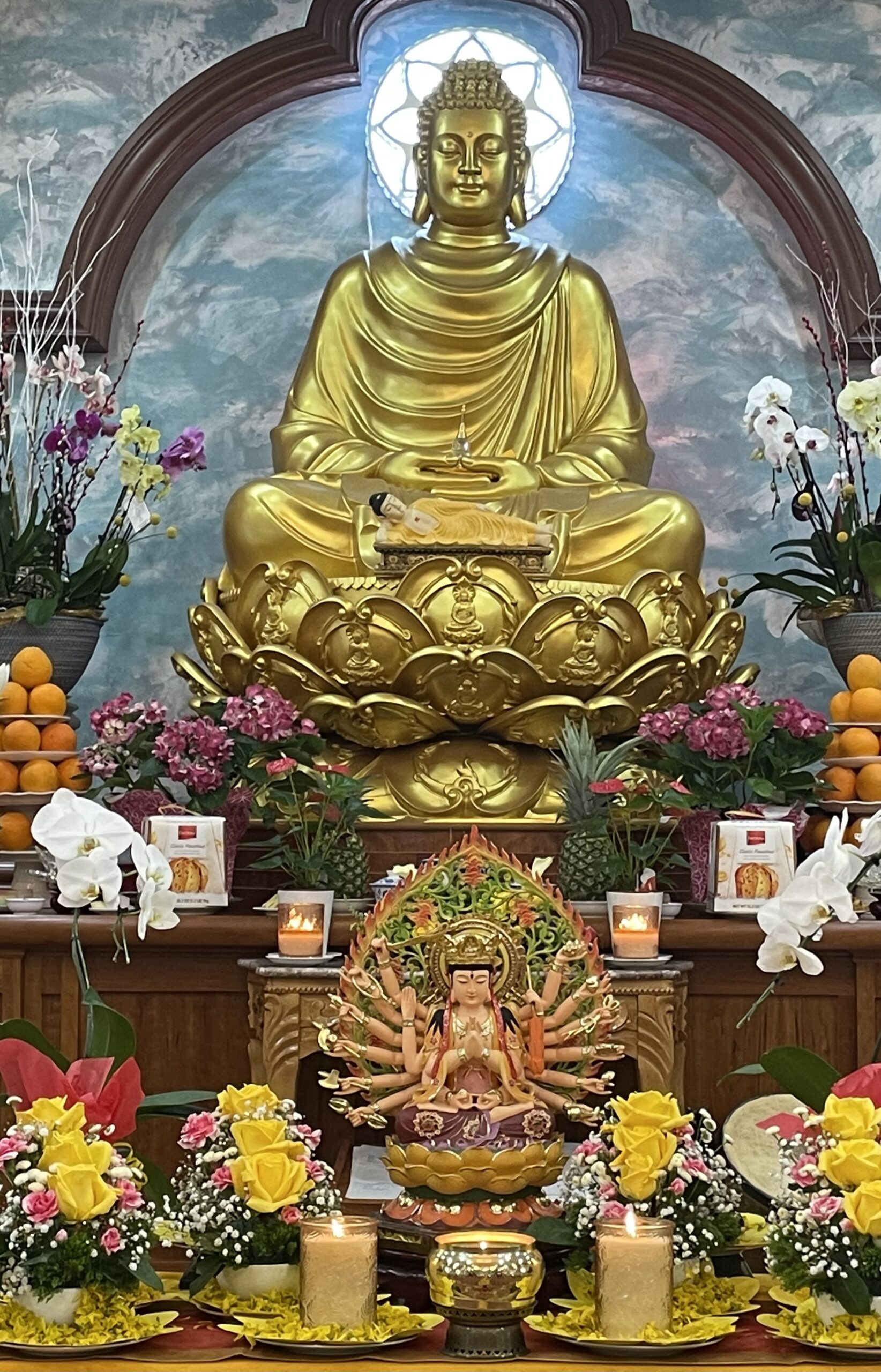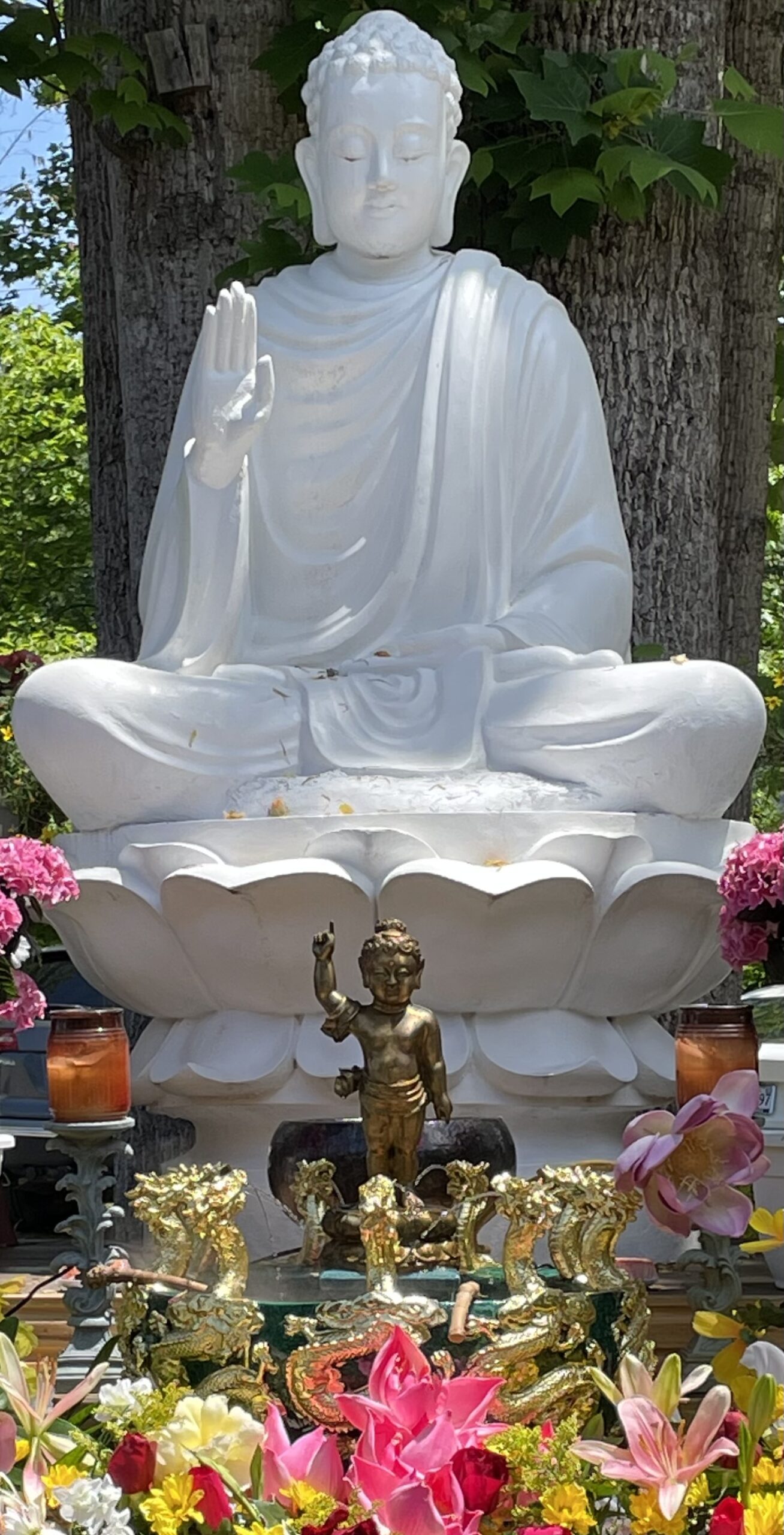Hoa Vo Uu (Buddha Dharma Education Association)
Venerable Shravasti Dhammika
The Buddha’s Words of Wisdom
There are these gross impurities of golds: dust, sand, gravel and grit. The dirt washer or his apprentice heaps the gold into a trough and washes it up, washes it down and runs the dirt out.
When this process is finished, there are still moderate impurities in the gold such as fine grit and sand. So the dirt washer repeats the process.
When this is finished, there still remain small impurities such as fine sand and dust. So the dirt washer repeats the process again, after which only the gold dirt remains.
Then the goldsmith or his apprentice puts the gold into a crucible. It is molten but not flawless, it is not yet finished, the impurities are not yet all strained off. It is not yet pliable, workable or glistening, being still brittle and incapable of being perfectly worked.
But in time, the goldsmith melts the gold so that it runs from crucible with all the impurities strained off. Then it is pliable, workable, glistening, no longer brittle, is capable of being perfectly worked. It can be used for whatever purpose one wishes, to make a gold plate, a ring, a necklace or a chain.
It is just the same for one who is trying to develop the higher mind. Gross impurities of body, speech and mind, the thoughtful, careful one abandons, keeps in check or makes an end of so that they do not recur. When these faults are finished, there are still minute impurities while cling to him such as sensual, malicious, and cruel thoughts.
Again, these he abandons. When these faults are finished, there are still minute impurities which cling to him such as thinking about his relatives, his country or his reputation. Once again the thoughtful, careful one abandons them, keeps them in check, or makes an end of them so that they do not recur. When this is done, there still remain thoughts about Dhamma.
At this stage, concentration is neither calm nor lofty, it is not tranquil nor has it reached one-pointedness, it is dependent on habitual restraint. But there comes a time when the mind is inwardly stable, still, one-pointed and concentrated. Such concentration is calm and lofty, it is tranquil and has reached one-pointedness, it is not dependent on habitual restraint. Whatever knowledge one directs his mind to, one can realize it.



























